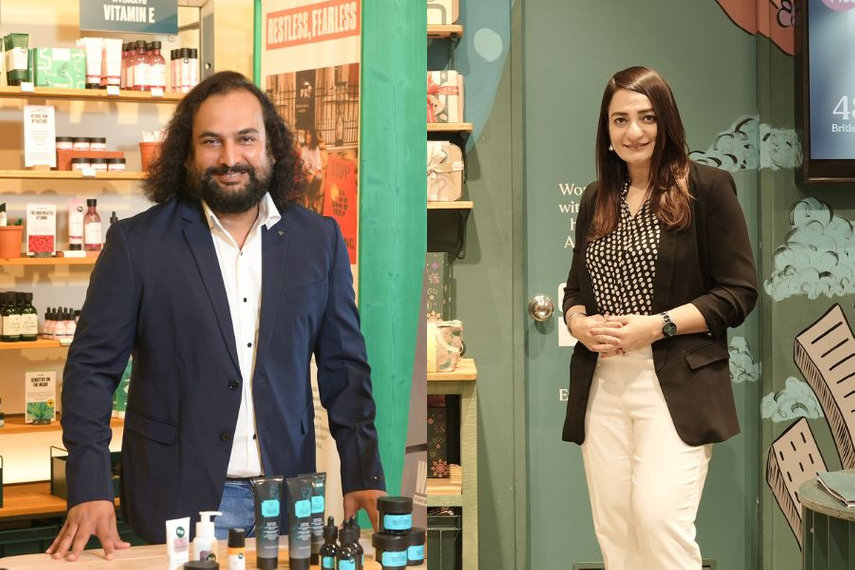
Please sign in or register
Existing users sign in here
Having trouble signing in?
Contact Customer Support at
[email protected]
or call+91 22 69489600
The brand, which is witnessing a transition of its worldwide management, is bullish on its Indian operations, six months after it wound up its businesses in the US and Canada.

Contact Customer Support at
[email protected]
or call+91 22 69489600
Top news, insights and analysis every weekday
Sign up for Campaign Bulletins
The AI-led rural activation in Uttar Pradesh enables homemakers to feature in personalised video stories celebrating their everyday ‘Josh’.
The collaboration connects Pexpo’s focus on sustainable steel bottle manufacturing with the film’s narrative of strength, discipline and conscious choices.
The campaign translates holiday movie-inspired looks into an OTT-style shopping experience on its website.
The India campaign features Ananya Panday and Lakshya as new global ambassadors.